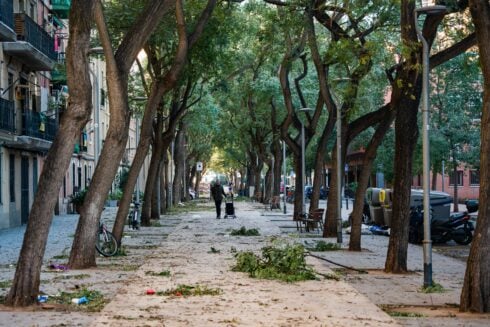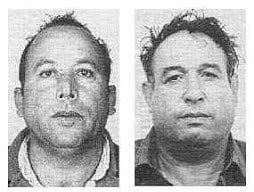A POEM by Virgil has been found in an oil amphora made 1,800 years ago.
The fragment of an oil amphora that barely measured 6 centimeters wide and 8 long was originally found in October 2016 by archaeologists at the Noguera site, a few meters from the village of Villalon (Fuente Palmera, Cordoba).
At first the ceramic fragment didn’t attract the attention of researchers, after all a multitude of similar Roman remains have been found, many also with inscriptions on producers, quantities or control that have allowed archaeologists to piece together the history of the Empire’s agricultural trade.
However, after seven years of laborious work, an international team of archaeologists from the Universities of Cordoba, Sevilla and Montpellier has been able to confirm that the written text engraved in the remains of an oil amphora from Roman Baetica, is in fact verses by Virgil, a classical Roman poet, converting the tiny piece of ceramic into a truly unique piece and with an extraordinary value given that the poet’s verses have never been documented in an amphora destined for the oil trade.
The main thesis of the authors of the work has been published by the journal ‘Journal of Roman Archeology’ of the University of Cambridge, and was presented last Tuesday, June 20.
Virgil was the most popular poet of his time and for many centuries afterwards.
READ MORE:
- FROM THE ARCHIVES: In Cordoban Skies… How a Moorish daredevil made aviation history
- Ladies man: Spanish free-thinker Luis Vives was the world’s first Renaissance Man and championed education for all women back…
Click here to read more Cordoba News from The Olive Press.








